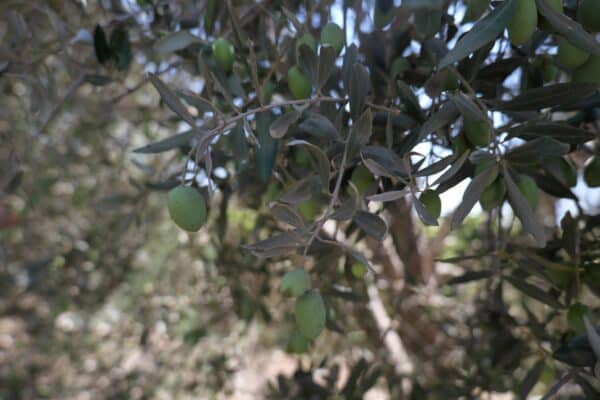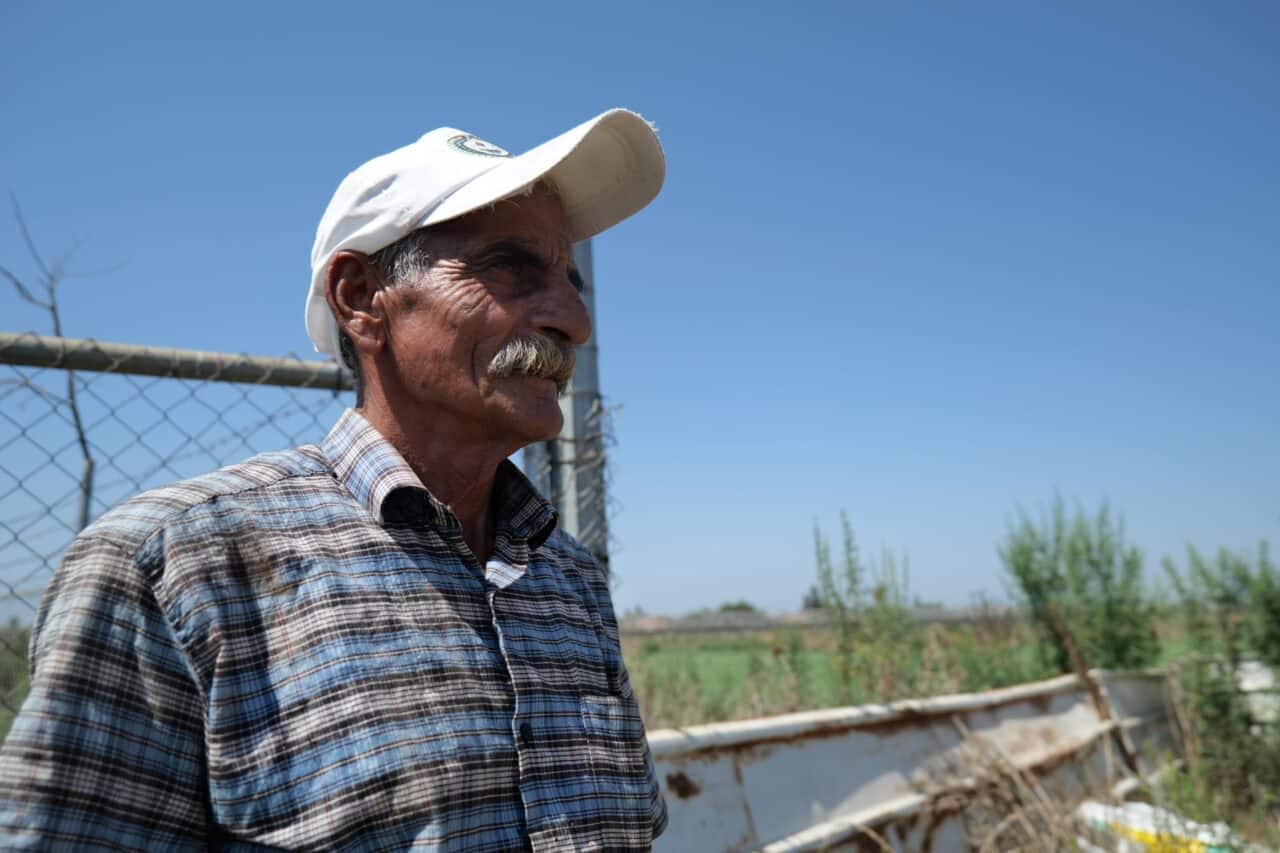by Diana Khwaelid
Riziq Hamid, 65, is not the only Palestinian farmer whose land has been confiscated by Israel. About two weeks ago, Israeli bulldozers bulldozed and vandalized dozens of agricultural dunams in the Shuwaika plain area in Tulkarm, in the northern West Bank.
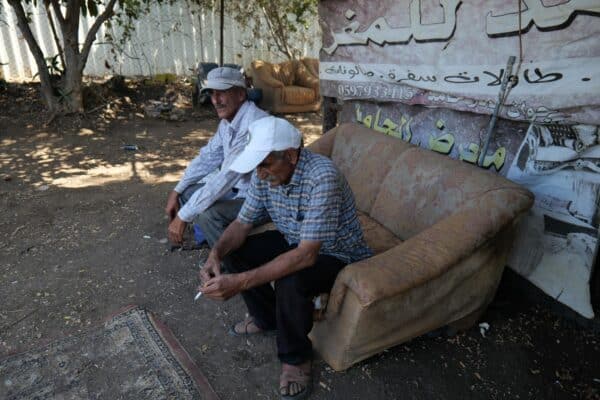
Basim said Alyan is a farmer from the village of Deir al-ghusun, one of the villages in Tulkarm; he farms in the shuwaika plain and owns ten dunums in the area near the wall area near the apartheid wall. He said: “The Israeli bulldozers have bulldozed our agricultural land, and this is the third time they have been bulldozing land and crops since the nineties, but they seem to have returned and returned strongly.”
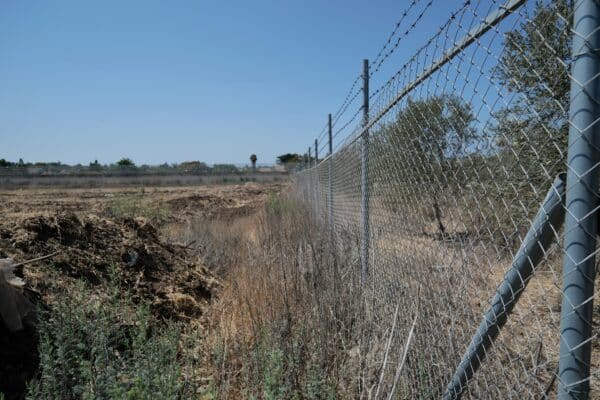
The colonizers destroyed and bulldozed six dunums of his land, which he shares with his brothers, and they also destroyed crops such as tomatoes and cucumbers. He mentioned that all that was left was 60 dunums, and he said “the Israeli forces fired directly at us every time we approached the land.”
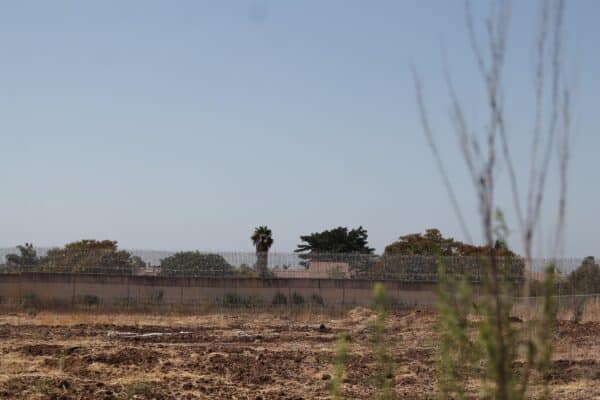
When I asked him what his demands are as a farmer, he said that God is the one who brings livelihood. Still, he appealed to human rights institutions to examine the practices of the Israeli occupation against Palestinian farmers in Palestine, especially the West Bank.
Meanwhile, Agricultural Relief in Tulkarem is announcing a popular national campaign and intensifying its efforts as an official agricultural institution in helping Palestinian farmers in the West Bank, Jerusalem, and even in Gaza.
The director of Agricultural Relief, Dr. Ahed al-Zanabit, said: “the farm relief foundation has a program under implementation to help and support Palestinian farmers whose lands are threatened with confiscation or whose lands are located near the wall by implementing a popular campaign to help them so that they can harvest the olive picking season this year.”
ISM urges internationals to respond to the call from Palestinian Civil Society to join the olive harvest.
